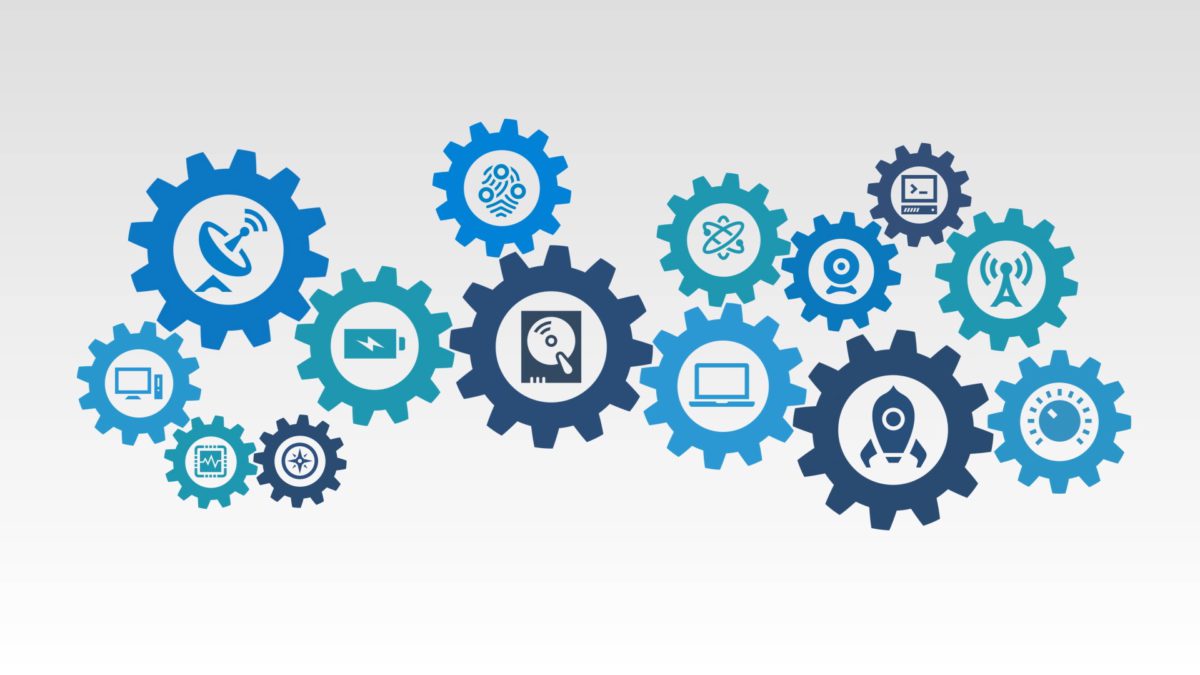
Prepare for the Workplace: The 6 Essential Soft Skills for Techies
- March 7, 2017
- Mike Hanski
Coming from a technical background, most of your education will have centered around hard skills, like programming or engineering. You’ll have a handle on solving problems involving facts and systems and logic. But working with people, especially non-technical people, often throws a spanner in the works.
People are unpredictable, emotional, analog. They don’t always say what they mean, or mean what they say. You’ll need to master a different set of skills — soft skills — to survive adult life in the workplace.
So, here are 6 essential soft skills to focus on when preparing for your next job.
1. Communication
As a rule of thumb, over 90% of what we communicate is nonverbal. This means your tone of voice, facial expressions and body language all make a difference to what the other person sees. What’s more, the context of what you say — ie. events and circumstances around you — can also influence how you come across. And since everyone comes with unique expectations and experiences, you’ll need to find a unique way to approach each person you work with.
Sound messy? It is. Human communication is complex and confusing. Luckily, with a basic set of skills, you can find navigating most day-to-day situations with ease. Start by reading up on nonverbal cues, the five communication styles, the etiquette of social touch, and how to communicate your way through a conflict.
2. Customer Service
In essence, customer service combines several types of skills, and channels them towards a positive outcome. Don’t let label fool you. Every job involves a customer, and they don’t all look like the guy ordering a burger. In a technical role, your ‘customer’ will most likely be your boss, a project manager, a stakeholder from another team, or a non-technical end-user.
No, the customer isn’t always right, and you’ll often walk a fine line between giving good service and compromising yourself or your integrity. By levelling up your customer service skills, you’ll find yourself getting better at communicating assertively, setting and re-setting customer expectations, managing your available resources, and, most importantly, knowing when to walk away gracefully.
-
Self-Management (aka. “self-care”)
Sacrificing yourself for others might seem like a noble pursuit, but here’s the reality — you’re no use to anyone when you’re exhausted. In fact, burnout can bring out toxic behaviours in you that actually harm your teammates. Plus, it affects your health and cognitive performance too.
Self-management doesn’t necessarily mean “being less busy” (research shows keeping busy with meaningful tasks can actually improve your mood and mental health) or filling your Facebook profile with inspirational quotes. Think of it as a lifelong journey in managing stress, developing emotional intelligence, representing a positive attitude, adapting to changes in work and life, and knowing when to take a break.
-
Leadership & Teamwork
Gone are the days where ‘leadership’ meant sitting back and cracking the whip. Today’s great leaders influence and encourage, not dominate, their staff. They support and develop people, bringing out the best in them, and work with their teams to maximise effort for a common cause.
In case it’s not obvious by now — great leaders have a great sense of teamwork. No matter how good your hard skills are, your ability to cooperate with others will be a key employability factor that lands you that job, keeps you there, and helps you succeed.
-
Mental Flexibility
As a technical bod, you’re probably used to being the smartest person in the room. There’s no shame in admitting that. Just like how there’s no shame in admitting your brain is hardwired to trip you up — from overconfidence to stereotyping and the very human tendency to see patterns in random events, you’ll find no shortage of cognitive biases convincing you to make ridiculous decisions.
Fortunately, overcoming these mental traps can be as simple as increasing and maintaining your mental flexibility. This refers to your ability to shift your thinking from one mode to another, adapting to new information that comes your way. It’s the soft skill that keeps your hard skills current, boosts your critical thinking, and prevents old habits from lingering past their use-by date.
-
Time Management
Here’s a secret — if you’ve ever made it to a party on time, handed in an assignment before the due date, or said no to something because you’re too busy, you’ve practised good time management. Honing this essential life skill will help you work efficiently and meet deadlines without dying from overwork or wasted effort.
Fortunately, it doesn’t take much to get better at this. Once you’re committed, the rest comes down to finding the right mix of tools and tricks that match your style of work. Some people get by on to-do lists, while others use timeboxing systems like the Pomodoro Technique.
Outsourcing academic research and essay writing – to appropriate services work well for some students, too. Apps like RescueTime can help you identify distractions and, if you still struggle to avoid temptation, you can always install a site blocker.
The workplace is changing. According to the World Economic Forum, the rise of automation and AI will see many hard skill labors, and even some thinking jobs, handled by machines.
This means, they say, that demand for soft skills will continue to grow. That by the year 2020, the key factor determining your success could be how good you are at, well… being human.
Mike Hanski is an art graduate. He creates content strategies, writes for various online publications and occasionally shares sci-fi links on twitter.
Inspiring Interns is a graduate recruitment agency which specialises in sourcing candidates for internships and giving out graduate careers advice. To hire graduates or browse graduate jobs, visit their website.






